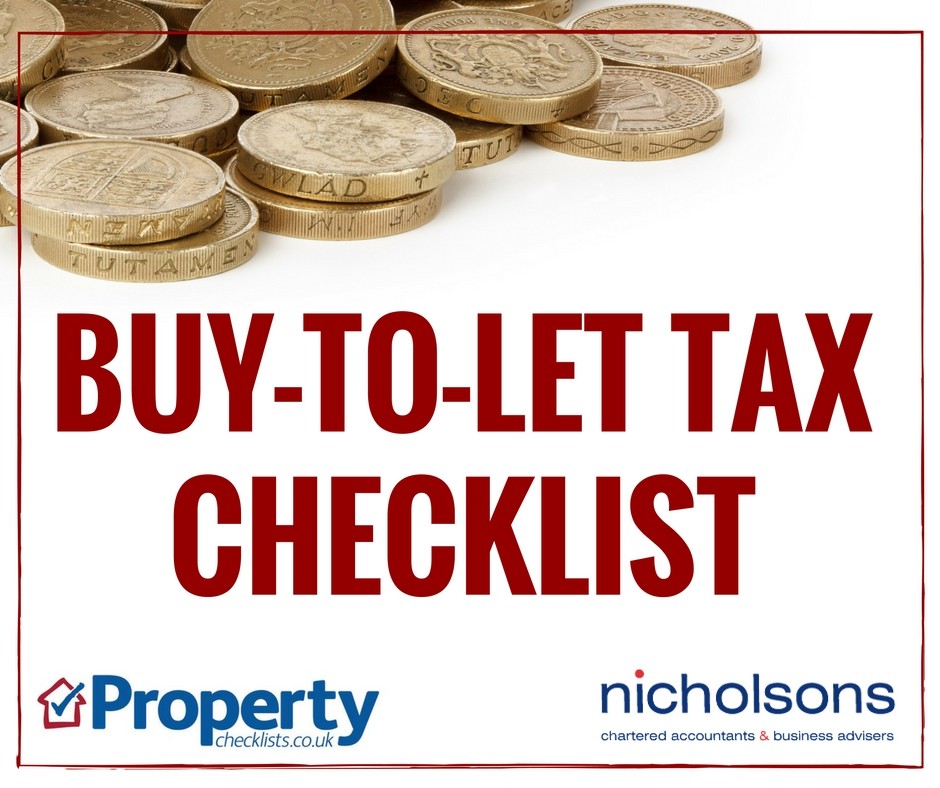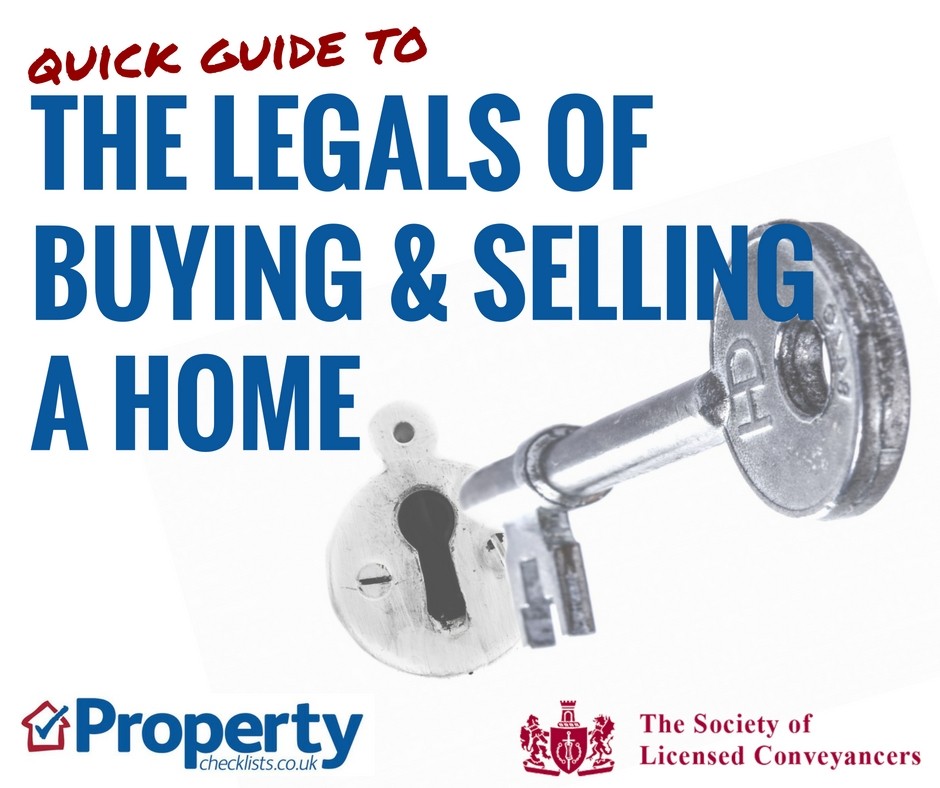
The coughing and gate-crashing may have dominated the headlines about Theresa May’s address to the Conservative Party conference, but the Prime Minister had plenty to say about housing, too, promising a “new generation of council houses” to help fix the “broken housing market”.
She said that, for many, “the chance of getting onto the housing ladder has become a distant dream” and acknowledged the housing shortage by saying: “For 30 or 40 years we simply haven’t built enough homes. As a result, prices have risen so much that the average home now costs almost eight times average earnings.”
To address this issue, she pledged to invest an additional £2 billion in affordable housing – taking the total affordable housing budget to almost £9bn. Councils and housing associations will be able to bid for this money and, where the need is greatest, the government will allow homes to be built for social rent “well below market level”.
In addition, she called on housebuilders to “do your duty to Britain and build the homes our country needs”. She said they have the backing of the government which will ensure the land is available and that young people have the necessary skills to enter the construction industry.
Mrs May said help would be available across the board, including for those:
Wanting to buy their own home – through the Chancellor’s earlier announcement of an additional £10bn funding for Help to Buy
Renting privately – by offering more security to tenants and redress if their landlord does not maintain their property adequately
Needing social homes – through the boost to investment in affordable housing; £2bn supplies around 5,000 new social homes a year.
In other announcements on housing, the government has committed to:
A review of the house buying and selling process
A review of Section 21 where private landlords can ask a tenant to leave without cause, for example extending the notice period to three months
Better measures and management of local authority plans to match land supply, population growth and housing need.
Good news on Help to Buy and first-time buyers
The £10bn boost to Help to Buy is good news for first-time buyers as over 80% tend to take advantage of the scheme, even though it is also available for those trading up (or down). Critics of the scheme suggest this policy raises house prices but, in my view, that would be very difficult to identify and in a lot of the places Help to Buy has worked, house prices haven’t seen the growth that other areas have.
In addition last year the government announced a £3 billion Home Builders fund to help create jobs to encourage smaller builders to enter the market as well as invest in custom build. And the government are looking at building around stations and failing commercial areas, such as shopping centres.
Finally, they are continuing to look at “accelerated construction” on public land to “partner with contractors and investors” to speed up housebuilding. Another initiative is to drive investment into modular homes, which are built off-site, saving both time and money.
The private rented sector will get better!
The PRS should be cock-a-hoop at the moment! Not only will tenants have free redress against bad landlords, but letting agents will be regulated in the future. Both of these actions will ensure those who supply rental property do so safely and legally.
And finally, additional changes are in the pipeline, such as looking at Sections 21 and 8 and consulting on a new “housing court” – or tribunal. As long as bad tenants can be let go, I think few landlords would mind offering more time to leave under Section 21.
However, more is coming in November in the budget, such as incentives for landlords offering tenancies of 12 months or longer, but we won’t know if my hope of a “build to rent” policy will come to pass, enabling landlords to match the big builders.
Social sector
At last there is some recognition of the need for more council homes but sadly, although 5,000 more a year will be great for some people, it won’t even begin to dent the council waiting lists, which currently have more than 1 million people needing accommodation. These people are mostly housed in the private rented sector and many are being squeezed by housing benefit payment cuts, meaning they could lose their PRS home and end up in a B&B.
The actions of DWP – and the reduction in housing benefit to support those in the PRS – are only going to cost tax payers more in my view. If tenants default and are evicted, the only place to put them up is in expensive B&Bs. Then there are the additional costs of dealing with the physical and mental health issues which result from people being forced into homelessness. And, of course, they will need re-housing in the future.
Right to buy for housing association tenants
There isn’t much about this apart from a review of the pilot scheme, but it seems at the moment to have stalled due to the costs involved.
Who is responsible for providing housing?
Actually the responsibility lies with lots of people, both in the private and social sector. However, there are almost “too many cooks” at the moment, with nobody prepared to take charge of the situation.
In Sajid Javid’s speech he says:
“Local leaders must be prepared to make difficult calls, even if they’re unpopular. And so must MPs and councillors…” suggesting that these are who people need to lobby locally to ensure their local plan includes building homes for them.
He also states: “As elected representatives, we are here to take the right decisions – not the easy ones.”
It would be good to see a new tracking measure of MPs and local authority areas’ population growth, their building plan (local plan) and how well they achieve it.
If you are landlord, what incentive would make you want to offer longer tenancies? Get in touch…
| Buy to let tax - Nicholsons Chartered Accountants | First-time buyer quick guide - Anthony Pepe | Quick guide to buying and selling - SLC |
 |
 |
 |